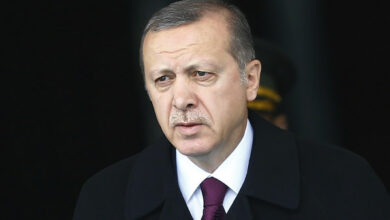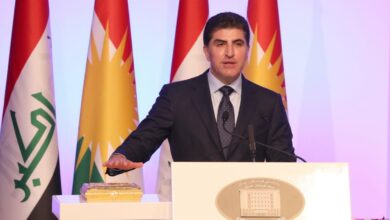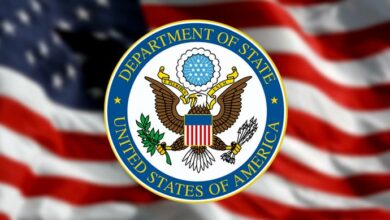Liberation of Mosul Rests on Kurds
Bashdar Pusho Ismaeel
If the liberation of Ramadi, Tikrit, Sinjar and more recently Manbij in Syria proved painful and tricky, Mosul will prove much worse.
The Islamic State (IS) has occupied Mosul for over two years. If the liberation was to be anything other than bloody and complicated, it would not have taken months of planning.
The battle for Mosul raises more questions than answers for Baghdad. IS would not have rolled into Mosul with such ease if it did not have support of some locals and various other armed Sunni groups. Without addressing the sectarian discord that plagued Mosul and Sunni heartlands long before IS was even established, the after effects of liberation Mosul will be plagued with difficulty.
In addition, there will be perhaps million of civilians who will flee the city to the relative safety of Kurdistan. Kurdistan already houses 1.8 million internally displaces persons at a great financial burden.
The Iraqi Defence Minister Khalid Obeidi recently warned that the Iraqi government will not allow the Kurdish Peshmerga forces to liberate the city of Mosul. This was compounded by threats from Shia Popular Mobilization Units for Kurdish forces not to enter Mosul.
Ironically, the Shiite militias are likely to play a more effective role than the actual Iraqi army in any battle for Mosul. If Peshmerga are deemed too sensitive to be deployed within the mainly Sunni city, then the presence of these militias will hardly soothe sectarian tensions. While there is little Shia population in Mosul, there is at the very least a large population of Kurds.
For all these warnings, there is no way that Mosul can be liberated without the support of the Peshmerga regardless of any coalition firepower. This was acknowledged by Kurdistan President Masoud Barzani, who stated that Mosul operations without the Peshmerga will be impossible. However, Barzani stressed that “they will have supportive role but will not enter the city.”
The importance of the Peshmerga is not lost on the United States who relies heavily on the Kurdish forces. This culminated in a recent signing of a memorandum of understanding between Kurdish officials and the US that included provisions of military support to the Peshmerga forces.
Too often the US has tip-toed around Baghdad when dealing with the Kurds due to political sensitivities but with the huge sacrifices of the Peshmerga, their critical role in the socio-political landscape in Iraq, the US has learned that the Kurds must be dealt with in their own right.
It’s disrespectful to Kurdish sacrifices to deal with Kurdistan through Baghdad when both zones are separated from each other and the Kurds have functioned nearly independently for years.
kurdishglobe.net




